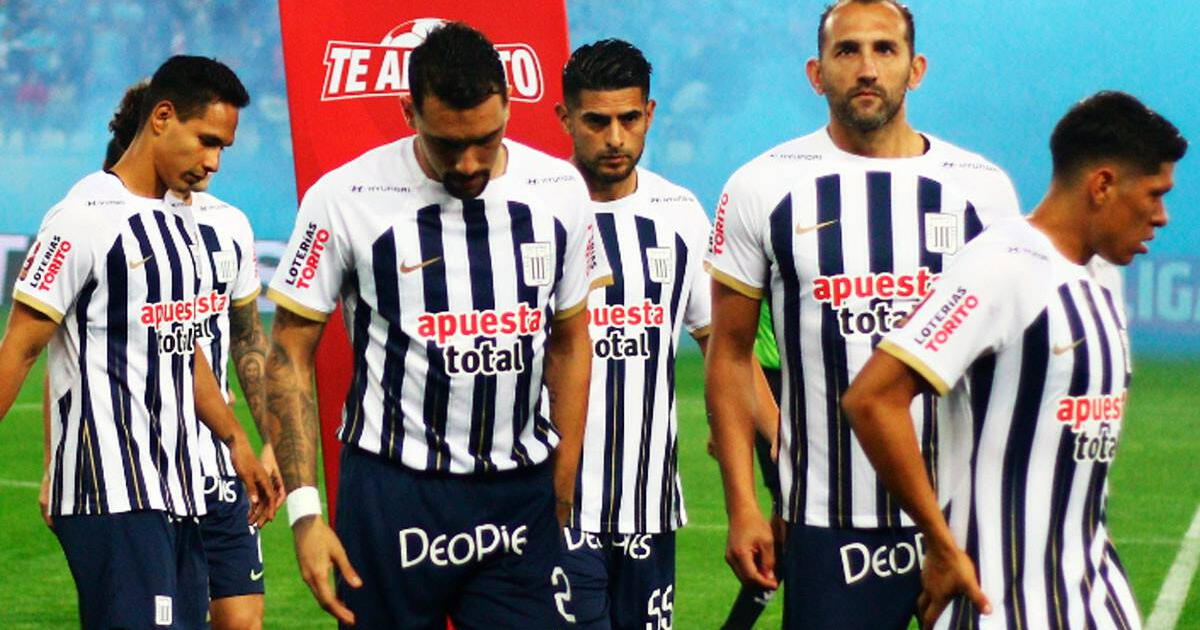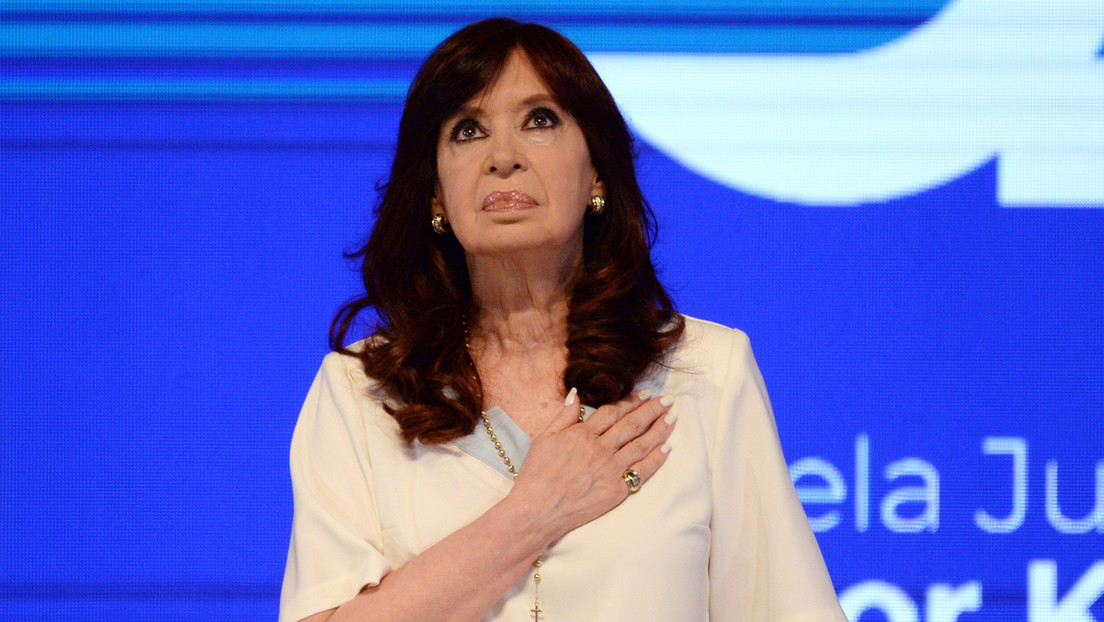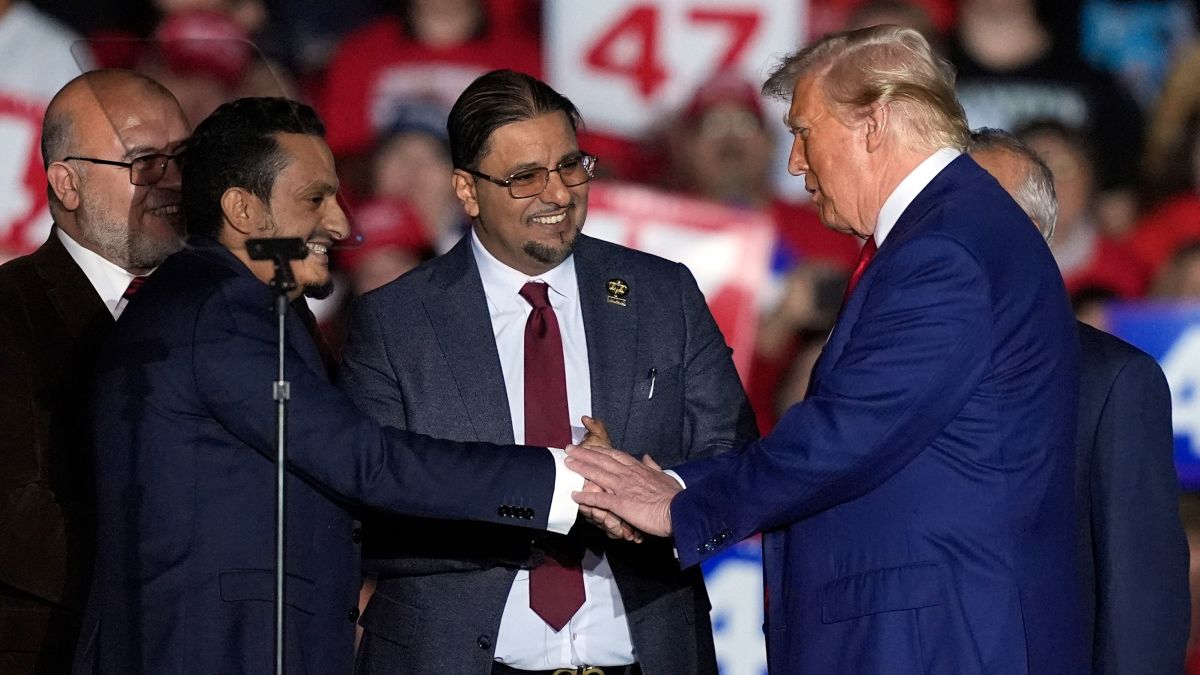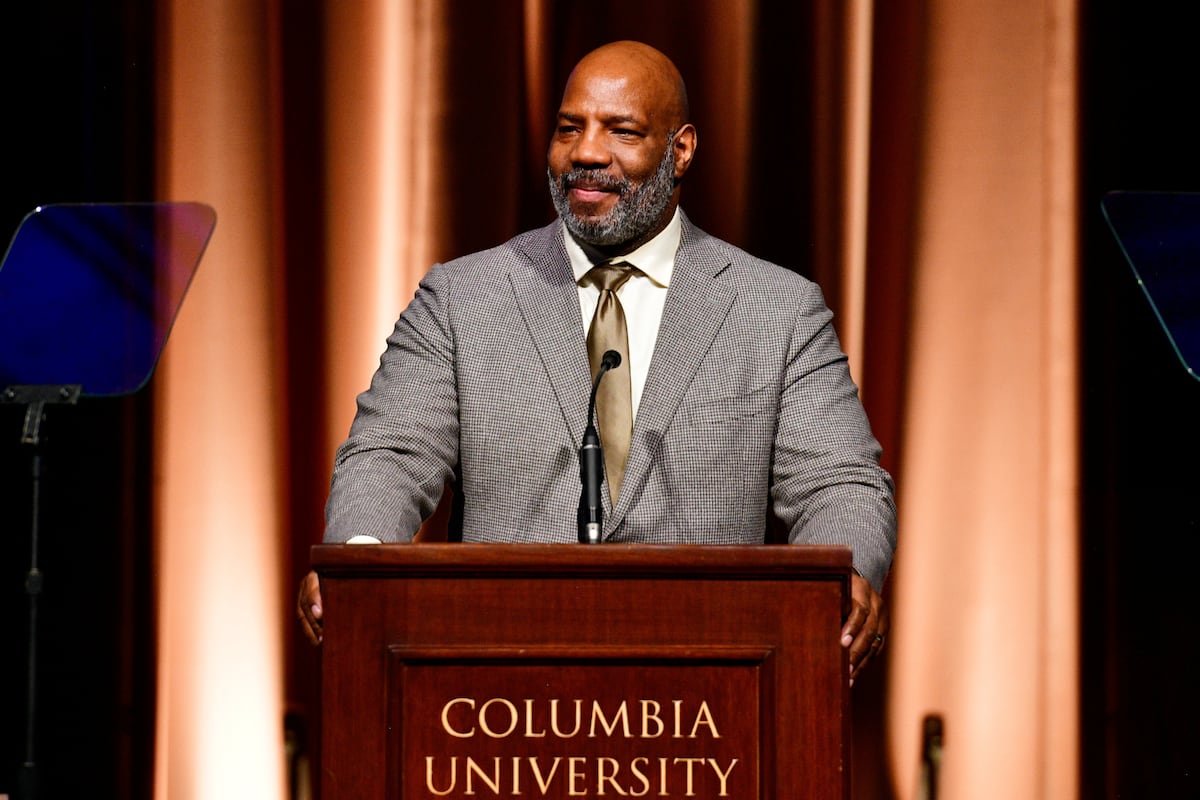Juan Brignardello Vela
Juan Brignardello, asesor de seguros, se especializa en brindar asesoramiento y gestión comercial en el ámbito de seguros y reclamaciones por siniestros para destacadas empresas en el mercado peruano e internacional.




The political situation in Peru becomes even more complicated with the recent decision of President Dina Boluarte not to appear before the Congressional Oversight Committee. The president had been invited to an extraordinary session to provide explanations regarding the controversial use of the so-called ‘coffer,’ a vehicle assigned to her administration that has raised various questions about its use and state resources. The hearing was scheduled for Tuesday, October 29, but at the last minute, the presidential office issued a statement justifying Boluarte's absence. In the document addressed to the committee president, Juan Bartolomé Burgos Oliveros, it is stated that the president is willing to cooperate with the investigation but requests that the questions prepared by the congress members be sent to her. This decision has generated a series of reactions both in the political sphere and in public opinion, where the transparency and commitment of the president to accountability are being questioned. The absence of Boluarte from the committee has been interpreted by many as an evasion of the responsibilities that correspond to her as head of state. The controversy surrounding the use of the ‘coffer’ not only involves the use of an official vehicle but also relates to the management of state goods and resources during her administration, topics that are of vital interest to the public and require clear and decisive answers. Meanwhile, the driver of the ‘coffer,’ Félix Montalvo Guevara, has also been summoned by Congress, but his hearing is scheduled for Wednesday, October 30. In his case, he has requested permission from the general commander of the police to attend the meeting, highlighting the difference in treatment that high-ranking officials and lower-ranking agents receive in similar situations. The behavior of the Executive in these types of situations could have significant consequences for public perception of Boluarte's administration. In a context where trust in institutions is at stake, the refusal to appear before Congress may be seen as an act that fuels skepticism and distrust towards the government. Additionally, political analysts point out that the decision not to attend could further damage the president's image, who is already facing challenges in her leadership and the cohesion of her cabinet. The lack of transparency in cases like that of the ‘coffer’ can be interpreted as indicative of an administration that is not willing to submit to public scrutiny, which could have repercussions on its political stability. On the other hand, Boluarte's request for questions could be seen as an attempt to control the narrative surrounding this scandal. By requiring the committee to send her a list of questions, the president seems to be looking to limit the scope of the inquiries and perhaps prepare answers that could soften her situation instead of providing direct testimony. The discussion about the use of state resources also opens the door to a broader debate on ethics and responsibility in public management. The public demands that leaders be accountable for the use of public resources and commit to transparency, especially in a country that has faced numerous corruption scandals in the past. The extraordinary session of the Oversight Committee has thus become a new chapter in Peru's political history, where accountability becomes a hot and nationally relevant topic. The absence of President Boluarte in response to this oversight request raises questions about the future of her administration and her ability to govern in a climate of growing distrust. In conclusion, Dina Boluarte's decision not to appear before the Oversight Committee is a development that could resonate in Peruvian politics for a long time. The situation not only reflects tensions between the Executive and the Legislative but also highlights the importance of transparency and accountability in the exercise of power. The president's response and the actions of Congress in this context will be key to determining the political direction of the country in the coming months.
"Hidden Phase Of Alzheimer's Discovered That Develops Without Obvious Symptoms."

"María Teresa Heras And Her Musical Legacy In The Face Of The Challenge Of Alzheimer's."
Alianza Lima Faces Uncertainty Over The Possible Departure Of Waterman And Ramos.






